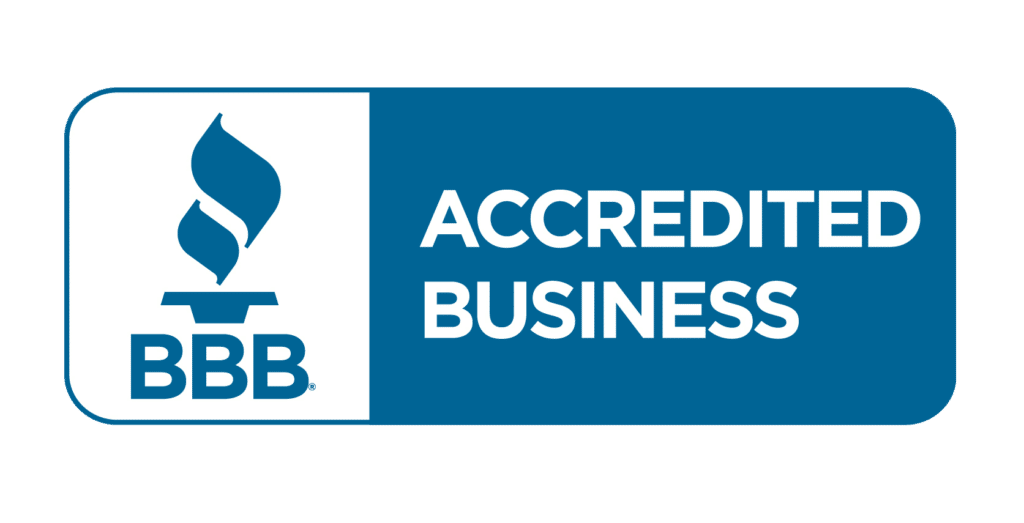
Food poisoning is not only miserable, but it can also be dangerous, especially for your elderly loved one. For those with weakened immune systems (like many older adults), a bout with food poisoning can send them to the hospital and do serious health damage. While all risks cannot be foreseen or eliminated, knowing some key steps in keeping your loved one’s food sources healthy and bacteria-free, along with help from in-home care, can reduce the risk of him developing a case of food poisoning and its awful symptoms.
Four Steps to Food Safety
While occasionally you may be able to look at or smell a portion of food and know that it’s probably unsafe to eat, many foodborne germs hide in plain sight. If the proper steps aren’t taken with food prep, consumption, and storage, they can easily be ingested and make your loved one very ill.
Clean, Clean, and Clean Again
Cleaning is the first step to keeping your loved one safe. In-home care providers can help keep your senior loved one’s home clean and safe.
- Whoever prepares the food should always wash their hands thoroughly before handling utensils or food prepared for a meal. In addition to washing their hands, all areas should be properly cleaned, including utensils, cutting boards, counters, and pans.
- Don’t forget to clean up any food as well when needed. All fresh fruit and vegetables should be thoroughly washed and any canned goods should have the lids washed before they are removed.
- Finally, consider using paper towels for any cleaning you do. If you prefer to use towels, they should be changed frequently and washed in hot water. Sponges should be avoided as they often harbor bacteria and do more harm than good.
Avoid Cross-Contamination
Cross-contamination occurs when bacteria from one item spreads to another. Often, this happens when something that will have the bacteria cooked out of it (such as meat) crosses over to an uncooked food like vegetables. The most common way this happens is by using a cutting board for both items without properly cleaning it before switching from one to the other.
Cook to Safe Temperatures
When preparing meat or fish, make sure your loved one knows the proper temp it needs to reach to ensure it’s safe to eat. A meat thermometer is the best way to monitor the internal temperature of meat and fish.
Store Food Properly
After a delicious meal, make sure leftovers are quickly refrigerated to prevent the growth of bacteria.
In-Home Care Providers Practice Safe Food Handling for Your Senior
If you worry that your senior may not be safely managing her food or if she’s already had a bout of food poisoning because of unsafe practices, you might want to consider having an in-home care provider come to the home to help with food care and meal preparation.
An in-home care provider can ensure your loved one is still eating the most healthy and fresh foods while ensuring they are prepared and stored properly. They can help from the shopping experience to cleaning the kitchen area thoroughly before, during, and after cooking to then helping your loved one package up her leftovers and store them safely in the fridge or freezer for later.
An in-home care provider will keep your loved one’s health and safety their number one objective.
If you or an aging loved one are considering In-Home Care in Queen Creek, AZ, please contact the caring staff at Legacy Home Care today. Call (480) 777-0070
Legacy Home Care is a top provider of home care services in Mesa, Tempe, Scottsdale, Sun Lakes, Chandler, Gilbert, Apache Junction, Queen Creek, Phoenix, and surrounding areas.
Legacy Home Care has been serving the valley since 2007. We are family owned and operated with over 75 caregivers. We offer a customized care plan that includes services such as: Hourly Senior Home Care, 24-Hour Home Care, Dementia Care, Personal Care and Companion Care. Also ask us about our Veterans' Home Care program.
- Health Dangers of Stress for Seniors - March 20, 2025
- Why Companion Care Is Great For Seniors Living At Home - March 7, 2025
- Tips for Helping Your Senior Manage Brain Fog - February 19, 2025



